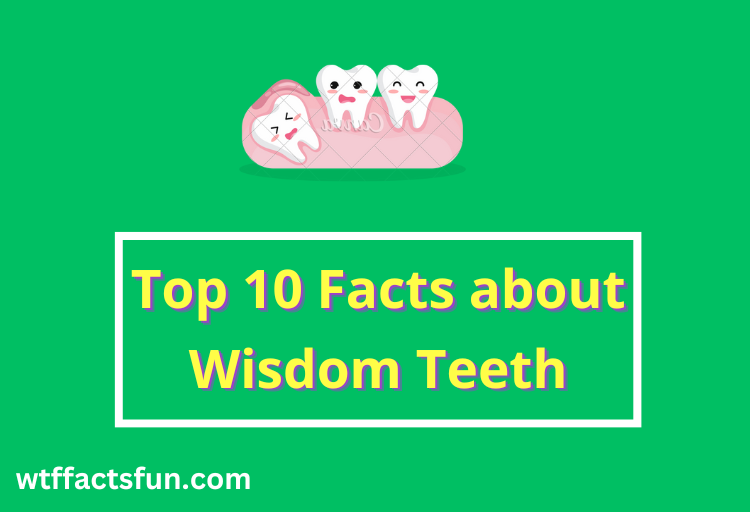
Table of Contents
Facts about Wisdom Teeth
Facts about Wisdom Teeth: Wisdom teeth, also known as third molars, are the final set of molars that usually emerge in a person’s late teens or early twenties. Most people have four wisdom teeth, one in each corner of the back of the mouth.
Wisdom teeth were necessary for our ancient ancestors who had larger jaws and needed these teeth to chew tough, coarse foods. However, with the evolution of our diets and smaller jaws in modern humans, wisdom teeth are now considered vestigial structures and are not necessary for proper chewing or oral function.
In fact, wisdom teeth often cause problems when they emerge, such as overcrowding, impaction, infection, and damage to adjacent teeth. As a result, many dentists and oral surgeons recommend having wisdom teeth removed before they cause problems.
Here are some facts about wisdom teeth:
- Wisdom teeth are the last set of teeth to develop and usually appear between the ages of 17 and 25.
- Not everyone develops wisdom teeth. Some people may have one or two, while others may have none at all.
- Wisdom teeth can cause problems such as overcrowding, impaction, infection, and damage to adjacent teeth.
- Wisdom teeth extraction is a common dental procedure that is usually done under local anaesthesia.
- Wisdom teeth removal may be necessary even if they are not causing any problems, as they can still cause problems in the future.
- In some cases, wisdom teeth can grow at an angle or partially emerge from the gums, which can cause pain and increase the risk of infection.
- Wisdom teeth removal can be more complicated and require a longer recovery time if they are impacted or growing at an awkward angle.
- Wisdom teeth are called such because they emerge during a person’s “age of wisdom” or adulthood.
- Some cultures have traditional beliefs and practices related to wisdom teeth, such as the belief that the emergence of wisdom teeth symbolizes the attainment of adulthood.
- Although wisdom teeth are generally considered vestigial structures, some researchers believe they may have had a function in our ancestors’ diets, such as helping to grind tough, fibrous foods.
Read also:
10 Fun Facts about Orthodontists